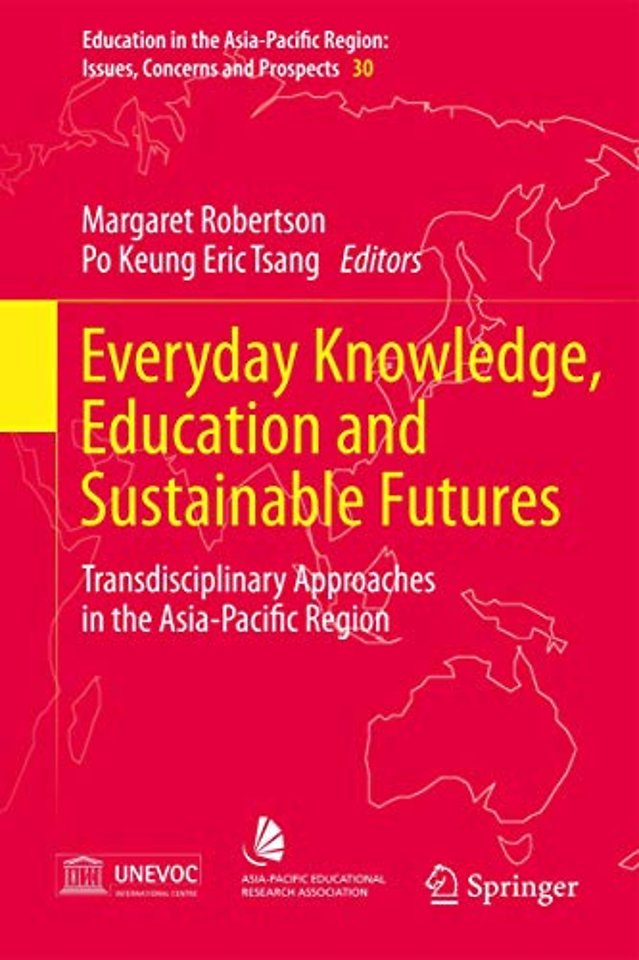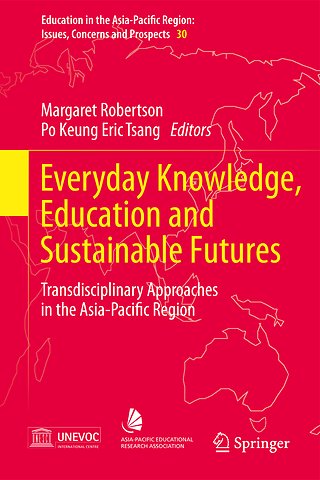1 Introduction and Overview.- 2 Knowledge, Change and Everyday Living.- 3 Conversation about the Politics of Everyday Knowledge at the Institute of Postcolonial Studies on 14th August 2014.- 4 Negotiating Chineseness and Capitalising on Resources through Learning Chinese Heritage Language: Habitus and Capital in Fields.- 5 Matariki Tāpuapua: Pools of Traditional Knowledge and Currents of Change.- 6 Transformative Maternities: Indigenous Stories as Resistance and Reclamation in Aotearoa, New Zealand.- 7 Mongolian Nomads: Effects of Globalisation and Social Change.- 8 Everyday Knowledge and Disaster Management: The Role of Social Media.- 9 Challenges to the Democratisation of Knowledge: Status Hierarchies and Emerging Inequalities in Educational Opportunities amongst Oil Palm Settlers in Papua New Guinea.- 10 Sustainability In and Through Lifelong Learning: Making Space for Everyday Knowledge and Regionalism in a Globalising World.- 11 Global Agendas versus Local Needs in Educational Development: The Barefoot College's Solar Night Schools Program in India.- 12 Developing Curriculum Leadership among Teachers for School-Based Curriculum Innovation in Hong Kong: A Distributed and Problem Solving Approach.- 13 Creating an Ecology of Affordance to Allow Australian Pre-service Teachers to get to Know and Make Sense of China.- 14 Post-Carbon Futures for Geography Education?.- 15 The Stuff That Matters to Me: An Exploration of Melbourne's Peri-urban Fringe from the Perspectives of Young People.- 16 Everyday Political Knowledge and the Construction of Regional Identity: The East Asian Experience.- 17 The Everyday Dynamic in Space and Place.







